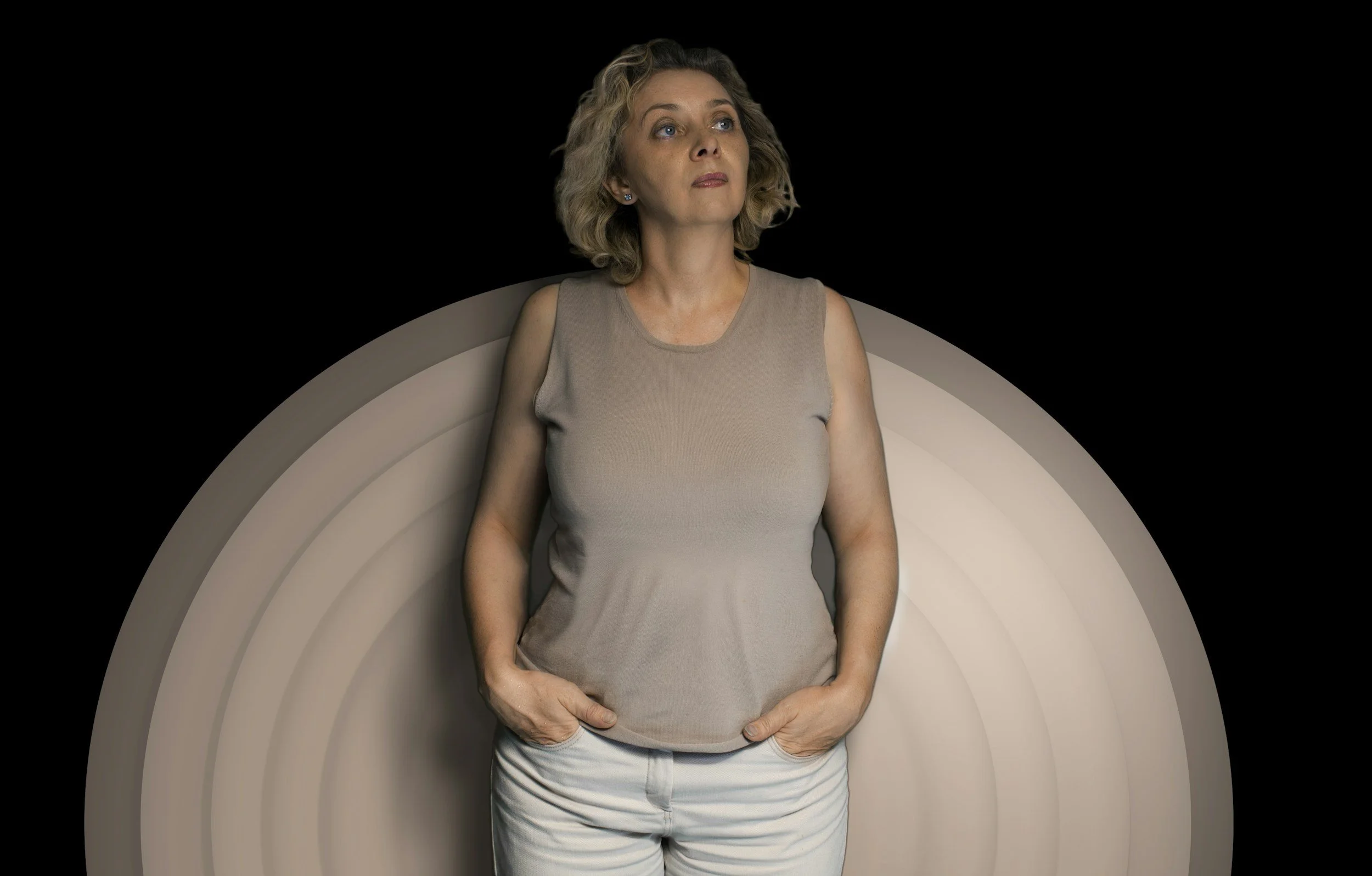Panorama Wellness Blog
Practical Tools and Tips for Navigating your Health and Wellness
Category
- ADHD 2
- AEDP 1
- Acupressure Massage 1
- Acupuncture 10
- Adult Relationships 2
- Adults 1
- Affairs 1
- Anxiety 12
- Art therapy 1
- Attachment 7
- BPD 1
- Balance 1
- Barriers 1
- Boundaries 4
- Children 8
- Christy de Jaegher 1
- Chronic Illness 1
- Clinical Counselling 3
- Communication 4
- Community Connections 5
- Concussion 1
- Conflict 1
- Coping Tools 7
- Counselling 25
- Counselling for Men 2
- Couple Counselling 10
- Culture 1
- Cupping 1
- DBT 1
- Danleigh Sokerov 1
- Depression 2
- Direct Billing 1
- EMDR 3
- Effectiveness 1
- Emotions 1
- Family 5
- Fathers Day 2
- Finances 2
- Forgiveness 1
- Friendships 1
- Gender 1
- Getting Started 1
- Grandparents 4
- Grief 2
- Gut Health 1
- Holidays 6
- Holistic Nutrition 16
- Jamie Johnson 1
- Kimberlee Bateman 1
- LGBTQ+ 1
3 Strengths to Lean on as You Return to Routine with a Neurodivergent Brain
Neurodivergent brains often shine when it comes to thinking outside the box. This is especially useful when trying to make routines stick/consistent. Instead of forcing yourself into a rigid schedule that doesn’t fit, you can get creative with systems that do.
Supporting a Loved One Through Trauma
Your role isn’t to be their therapist, but to be a consistent, trustworthy presence in their life. Show up for them. Be predictable. Follow through on your promises, no matter how small. This consistency helps restore their faith that not everyone is bad and that the world holds safe people
Why Every Couple Needs a Retreat Twice a Year
A retreat is more than a getaway. Think of it as stepping outside the noise and demands of your everyday life to reset, refresh, and reconnect. It’s not about extravagant travel or over-the-top plans—it’s about creating space.
Is It a Love For Needles?
“Do you enjoy putting needles in other people?”
This is a question I hear often from clients. The truth is - no, I don’t. I’m not fond of causing even a moment of discomfort, whether it’s the quick pinch of insertion or the slight heaviness that can follow.
What I do love is the depth and beauty of acupuncture itself. The principles behind it are intelligent, wonderous, and profoundly interconnected with life.
Why I Love Counselling
One week after my 50th birthday, I crossed the stage to officially become a therapist. I was wearing the cap and gown, holding my diploma, and thinking, I wish I had done this earlier in life.
Menopause, Midlife, and Relationships: When You Start Wondering “Is This Working for Me Anymore?”
The trouble is, when you’ve been so good at caring for everyone else, you often forget — or never learned — how to identify what you need and how to ask for it. And here’s the kicker: people can’t read your mind.
I often hear women in this stage say they’re tempted to scrap a relationship because “it’s not working anymore.” But sometimes, it’s not that the relationship is broken — it’s that what you need from it has changed, and you haven’t yet named it.
Why I Love Massage Therapy (And Why It Might Help You, Too)
At the heart of what I do is a simple but powerful goal: to help people feel better. Whether someone walks into my office with pain, tension, stress, or just the need to feel more at home in their own body, I want them to leave feeling lighter, more comfortable, and more hopeful than when they arrived.
Part 2. How the Body Reflects Stress and Feelings During Acupuncture: Hyperarousal and Hypoarousal
In our last post, we touched upon how our body and mind hold onto the very thing they need to let go. Before we start the second part of this series, I want to invite you to think about what stress means and what kind of cause and effect it has in your life.
What Do I Love Most About Being a Counsellor?
People often ask me, “Isn’t it hard listening to people’s pain all day?” and yes, it can be. Sitting with grief, anxiety, trauma, or long-held emotional wounds isn’t light work…and what people don’t always see is the other side of it: the human connection, the quiet strength, and the small but powerful shifts that happen in the counselling space.
5 Actual Mental Health Green Flags to Look for While Dating
Thanks to the cognitive process called negativity bias in us humans, we tend to focus more on controversial and negative events and information. Fuelled by social media and our affliction for being consumed by screens than spending time living in the present moment, we unknowingly orient our minds to being overcritical and/or overwhelm it with the aim of protecting ourselves. As a result, we are quick to judge and spend most of our energy on noticing the red flags or deal-breakers in a relationship. We fail to see the good in others and do not value the green flags enough, which signal positive actions or traits required to build a strong foundation for a thriving relationship.
Why I Love Counselling
Before I became a therapist, I worked as a social worker among women and children in for over six years. During this time, I often felt frustrated because many of the people I helped were stuck in their situations due to trauma or their inability to overcome fears and emotions. My role involved helping people meet their needs, improve their quality of life, and make a positive impact. However, I noticed that many of my clients couldn't fully benefit from the resources available to them because their mental health issues hindered their progress. This frustration led me to feel a bit lost, and I decided to become a mental health therapist.
Why Anxiety Might Come From a Past Trauma
Many people live with anxiety and struggle to understand why. They might feel on edge, overwhelmed, or easily panicked even in situations that seem safe. Often, this anxiety is not rooted in the present moment but in something that happened in the past, a traumatic event that the body has not fully let go of.
Two Ways I’ve Seen Trauma Stored in the Body (and How EMDR Can Help)
If you’ve ever thought, “I should be over this by now” or “Why does my body react this way even when I know I’m safe?” you’re not alone. As a counsellor, this is something I hear often.
Trauma doesn’t just live in our memories, it lives in the body. Even after we’ve talked about it or tried to make sense of it, our nervous system might still be holding onto the effects of what happened.
What Your Nighttime Cravings Are Trying to Tell You
It’s 9:30 PM. Dinner’s done, the kitchen’s clean, and you’ve finally sat down to relax when the cravings hit out of nowhere. Chocolate, chips, ice cream, cereal… whatever your go-to is, it’s calling your name, and saying no feels nearly impossible.
Before you beat yourself up or assume you "lack willpower," let’s pause and look at what your nighttime cravings might actually be trying to tell you. Because the truth is: cravings are information. They’re not something to fight, but something to listen to.
How the Body Remembers: Understanding Trauma Through Touch
When we experience something positive—like receiving a dream birthday cake—our senses help us take in the full experience. You might remember the bright colours, the smell of the frosting, the joy in your chest. Your brain, especially the hippocampus, organizes all that information into a coherent story: “On my sixth birthday, I got a unicorn cake with white icing. It tasted like cotton candy. I was so happy.”
But when something traumatic happens—a car accident, a fall, an assault, or even chronic stress—the process is very different.
How Body Reflects Stress and Feelings During Acupuncture
It is very important for us to pay conscious attention to both our minds and our bodies. Understanding that the body can hold onto things and react automatically helps us be gentler and more aware as we try to release the burdens from the past.
5 Tips for Connecting Better During Family Meals
Maintaining consistent and healthy family bonds can be difficult in today’s fast-paced world with everyone busy with their own schedule and varied priorities. To get the whole family to eat together can also be challenging at times. Read on to know about how you can improve your dinner table conversations and strengthen your familial ties.
Grounding Techniques to Support Emotional Well-being
Grounding supports the mind-body connection, which is particularly important during times of stress. When we feel triggered or overwhelmed, our fight-flight-freeze response may activate, even if there is no real danger. While this response is designed to protect us, it can sometimes leave us feeling anxious, stuck, or disconnected. Grounding techniques help regulate this response by calming the nervous system and inviting a sense of safety back into the body. Reconnecting with the body is key in reducing fear, anger, or dissociation and fostering emotional balance (Van der Kolk, 2014).
Finding Your Voice After Trauma: Martin’s Journey from Silence to Strength
Martin is a trauma survivor. Growing up, he experienced extreme violence at home. His father was an alcoholic, and his mother endured relentless abuse. Many days, Martin dreaded coming home from school, never knowing if his mother would be alive when he returned. As a boy, he was taught that expressing fear or sadness was a sign of weakness. "Men don’t cry," he was told. "Be strong, swallow your pain." So, he did—until the weight of it nearly crushed him.
Supervision that Honors the Therapist: Compassionate, Trauma-Informed, and Ethical
Effective clinical supervision is foundational to the development of competent and confident therapists. We believe that supervision should be a supportive and reflective process, fostering the therapist's professional and personal growth. By creating a safe and trusting environment, we encourage therapists to explore their clinical work, develop self-awareness, and enhance their therapeutic skills.




















